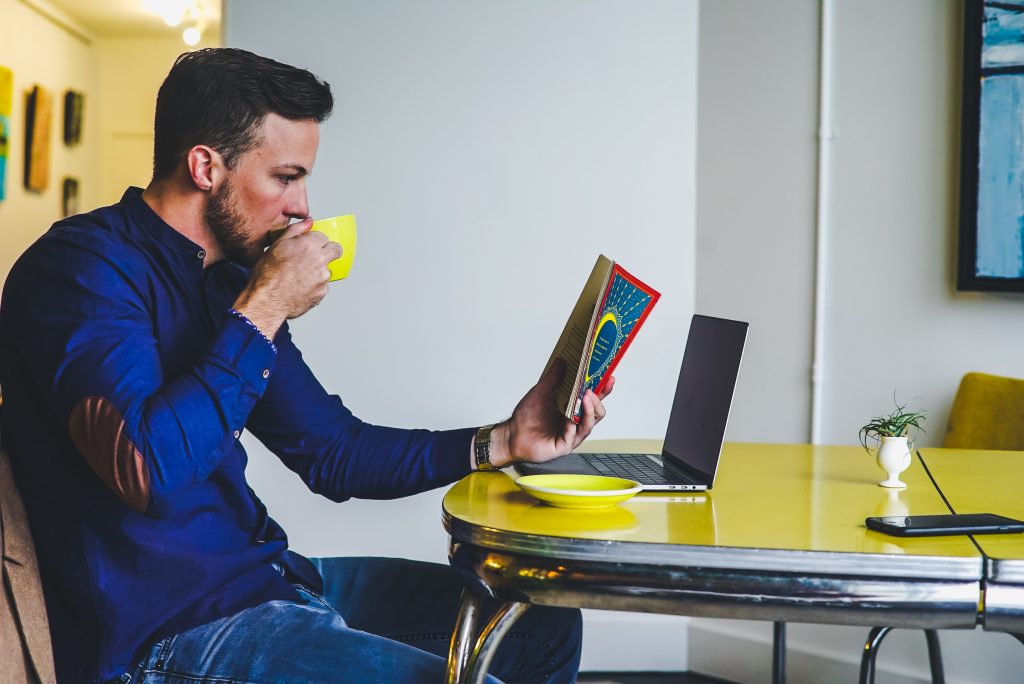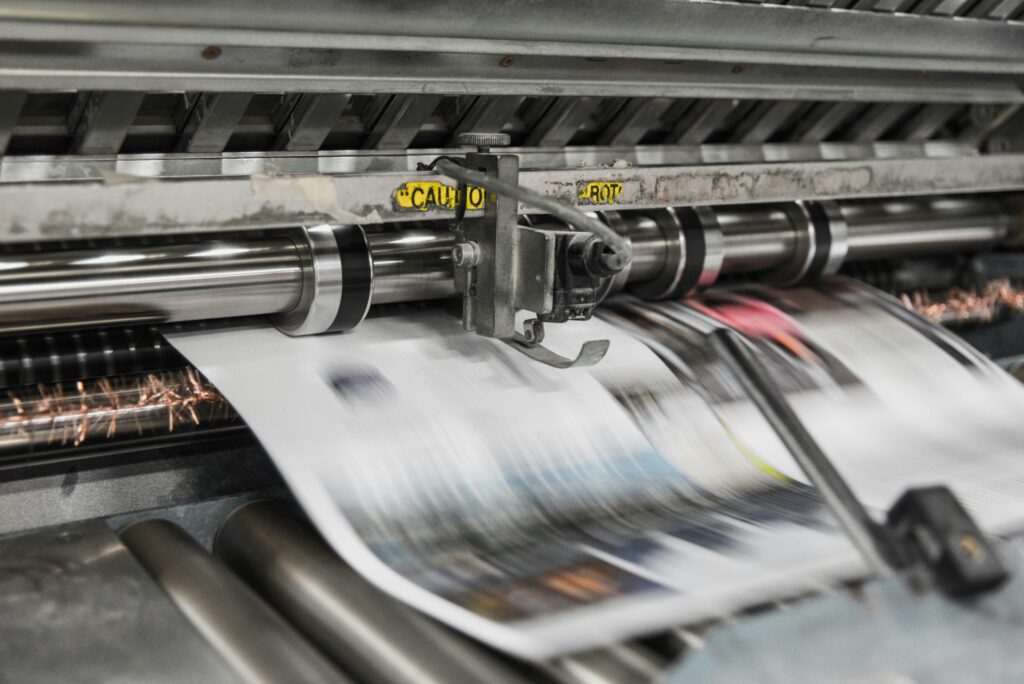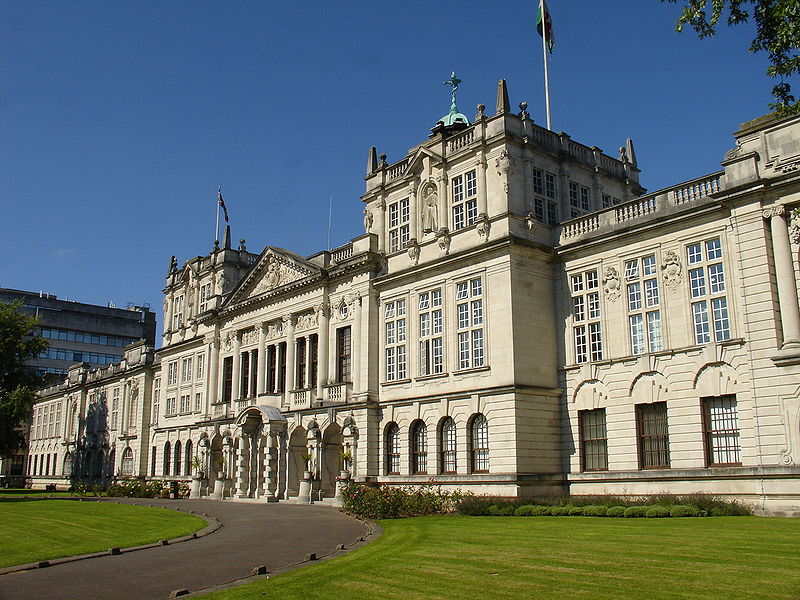Allan Shepherd reflects on our extraordinary present, and urges action to ensure a better future
‘The past is a foreign country’ wrote LP Hartley in the first line of his novel The Go-between, describing an event the aged narrator experienced in his childhood. Now the past is only ten days ago.
We can say of humanity (without hubris) the second part of Hartley’s opening line: they do things differently there. I work as a Community Housing Enabler for the Wales Co-operative Centre and ten days ago I took the first day of a pre-arranged period of annual leave. By the time I returned (to the desk in my bedroom) the human world had changed forever.
My job is to help communities create new homes. I can no longer meet these communities. Not in the same room at least. I can no longer give a talk, hold a workshop, present findings at a conference, unless I do so through a screen or a phone. I feel like HG Wells’ Time Traveller, lost in a future world I discovered by accident.
Like him I have no idea if there is any way back.
Within days I must learn how to give exceptional webinars, to create learning environments that relate well through mediums I have only passing familiarity with. I will no longer travel to small community centres in the far-flung reaches of Powys, or get muddy feet on building sites. My car, ten days ago an essential tool of the job, has been repurposed as a community response vehicle for the delivery of food and prescriptions. There is nothing else for it to do.
A convulsion of momentous proportions has toppled our understanding of what normality is. I take some comfort in knowing that the new normal, so rapidly adopted by vast numbers of people around the globe, is in almost every case going to be better for the non-human world.
The natural world is enjoying a break from the frenetic activity of busy humans and when we come out of this I hope we can say we learnt something good from this – let’s act on that.
Parts of the new normality will almost certainly also be better for most humans. There will be less pollution, less time spent away from family, stronger communities, increased emphasis on values that strengthen society. Even Boris Johnson finally killed Margaret Thatcher’s assertion that there is no such thing as society.
But for now there are many people suffering, living in great uncertainty, losing their lives, and if not their lives then all they have built up with care, love and creativity.
the silence of the empty streets was broken on Thursday evening by applause, cheers, whoops and the clanging of pans… [b]ut making a noise is not enough
There are many people claiming benefits for the first time, and business owners having to ask the state for money they would almost certainly prefer to generate through their own sweat and genius.
There are tens of thousands of frontline NHS workers who have to worry that they don’t have the necessary Personal Protective Equipment to keep them safe. Several, as we know, have already died.
Journalist John Reed described the Russian Revolution, an event that changed world history and the lives of billions of people, as Ten Days’ That Shook the World. The last week and a half have been days that took the world – at least the world that we knew.
Many things that were comforting and familiar to us have disappeared overnight, at least for the time being. Cream tea conversations, a pint after work, stadium football chants, coffee from someone who knows how to make it, church services, Friday prayer, passing a rugby ball; many of the things to which our identity is tied. The past is a foreign country. We can’t even use our new Blue Passports. What irony!
We now know what it feels like to be under partial house arrest. To have our basic and most cherished freedoms furloughed, to use one of the old new lexicon of words we’re all having to adopt in everyday conversation.
And yet the roads are quieter on my daily bike rides. I am free not to travel. I can conference from the comfort of my own home. Goats amusingly walk the streets of Llandudno. My garden has never looked better. My fiancée and I are loving this new time we have together.
But then I’m one of the lucky ones. I’m away from the front line. I’m not a hospital worker or a carer. I have not been furloughed, let go, laid off, evicted, bankrupted. I have not had my cancer operation cancelled to make way for the pandemic, or my MS clinic closed down because it has room for six Covid beds.
This week my Italian housemate lost his grandmother. I do not yet know how it feels not to be able to travel to be with my family in the event of such a loss.
My 50th birthday party is going to be an intimate affair, but that’s small potatoes. Not even a hill of beans, to quote from one of the films I will no doubt be watching in one of my many evenings in. Maybe not today, maybe not tomorrow. But soon, and (please not) for the rest of my life. Here’s looking at you kid!
My job is safe. I work for an organisation whose role is to strengthen the fabric of society to withstand uncertain times, to empower people with knowledge, skills and ambition.
I am needed and allowed to continue to work in the new world, mostly because I can sit behind a desk. I am having to adapt but it is quite painless.
I took part in our all staff meeting this week, held in over eighty homes across Wales, using an online communication tool called Microsoft Teams. I thought it was better for introverts like me. If I wanted to say something I only needed to speak to four faces, rather than eighty.
There are some things that I can’t imagine doing through a screen, but maybe these are the tricks and tips I need to learn. Before I went away we ran a one-day Social Enterprise Academy Leadership course in my home town of Machynlleth, mid-Wales.
Twelve of us gathered together in our local bowling club to explore what leadership looks like. One of the exercises involved each of us picking two people in the room. We then all had to move around the room making sure to keep between the two people we had picked. Of course when one person moved everyone else had to move.
But eventually the room stilled and we as a group found the equilibrium that allowed each of us to fulfil our ambition.
The point of the exercise was to show that everything we do, no matter whether we regard it to be significant or not, has an impact on everyone else.
Our movements, our decisions, our choices to act or not act has a direct and often unknowingly powerful impact on other people. The whole premise I guess of – another of my favourite films – It’s A Wonderful Life. ‘You really did have a wonderful life George,’ says Clarence the apprentice angel as George finds out his true worth to the people around him.
The exercise showed that leadership lies in all of us because we are all interconnected. We all have the potential for our voices to be heard. We quite often just need encouragement, confidence building and the right conditions for our full leadership qualities to emerge.
Of course, back then in that foreign country, I didn’t know that I would see this first-hand as a reaction to this terrible crisis. Ten days later I now have no doubt what we learnt that day was right. Leadership rests not only in the people that have become famous for it but in all of us.
leadership lies in all of us because we are all interconnected. We all have the potential for our voices to be heard
Thanks to numerous critical acts of civil leadership across all parts of our community, our town and all the villages around are in a strong place to withstand whatever is coming. A ‘no one gets left behind’ mentality has emerged and been delivered upon.
Machynlleth has been colour zoned with teams working in each zone providing help where it is needed. Each household in every zone has received a bilingual leaflet with important information to help them survive lockdown, including delivery details from local shops and hotlines to call (if a prescription or shopping needs to be picked up, or just a friendly voice heard).
There is a group making textile masks and scrubs for our local hospitals, another making plastic visors. A third coordinating local food growing efforts. Yet another organises a full diary of online wellbeing workshops. The list lengthens with each passing day. All coordinated remotely through WhatsApp, Facebook, Zoom and a website – machynllethsupport.net.
I am in a renters group, working to provide information and help where possible to people who may be worried about losing their homes. We have been checking that the government is doing all that it can for renters and making sure that decision makers know our concerns. A basic information sheet has been produced, and a web page. There is guidance for how to ask landlords for a rent holiday and in the worst-case scenario how to fight evictions.
As a member of a housing co-operative I have a level of security in my tenure that many renters do not have. A landlord is not going to change the locks when I’m out because we the members of the coop are also the landlords. I feel protected.
There are eleven of us in total in the coop (spread over two houses) and we quickly, without any need for discussion, offered each other help and got involved in the community response.
What did we need to discuss? We are eleven able people. We are safe. We support each other. We can support our town. We are here because we had help from the Wales Co-operative Centre (long before I worked for the organisation). Now we can help others. This is how the weave of the fabric of community is made stronger.
Like every other quiet nook in Wales, the silence of the empty streets was broken on Thursday evening by applause, cheers, whoops and the clanging of pans. We will be darned if we don’t make some noise when it is called for. But making a noise is not enough.
We have a choice now to see the last week and a half as ten days that took the world to the brink or ten days that took the world to a better place. One freedom we still have is the freedom to choose what happens next.
Once the frontline battle has been won, there is another job to do. The job that is ever-present, and because we do things differently here, one enshrined in law in Wales in The Wellbeing of Future Generations Act.
The job ahead is to create a prosperous, resilient and fairer society. The economic and social consequences of our reaction to this crisis will be felt by many people for many years to come.
When we have finished rubbing the flaky sanitised skin from the back of our hands we will need to get them very dirty again. I hope this time we really will be all in together.
All articles published on the welsh agenda are subject to IWA’s disclaimer.





